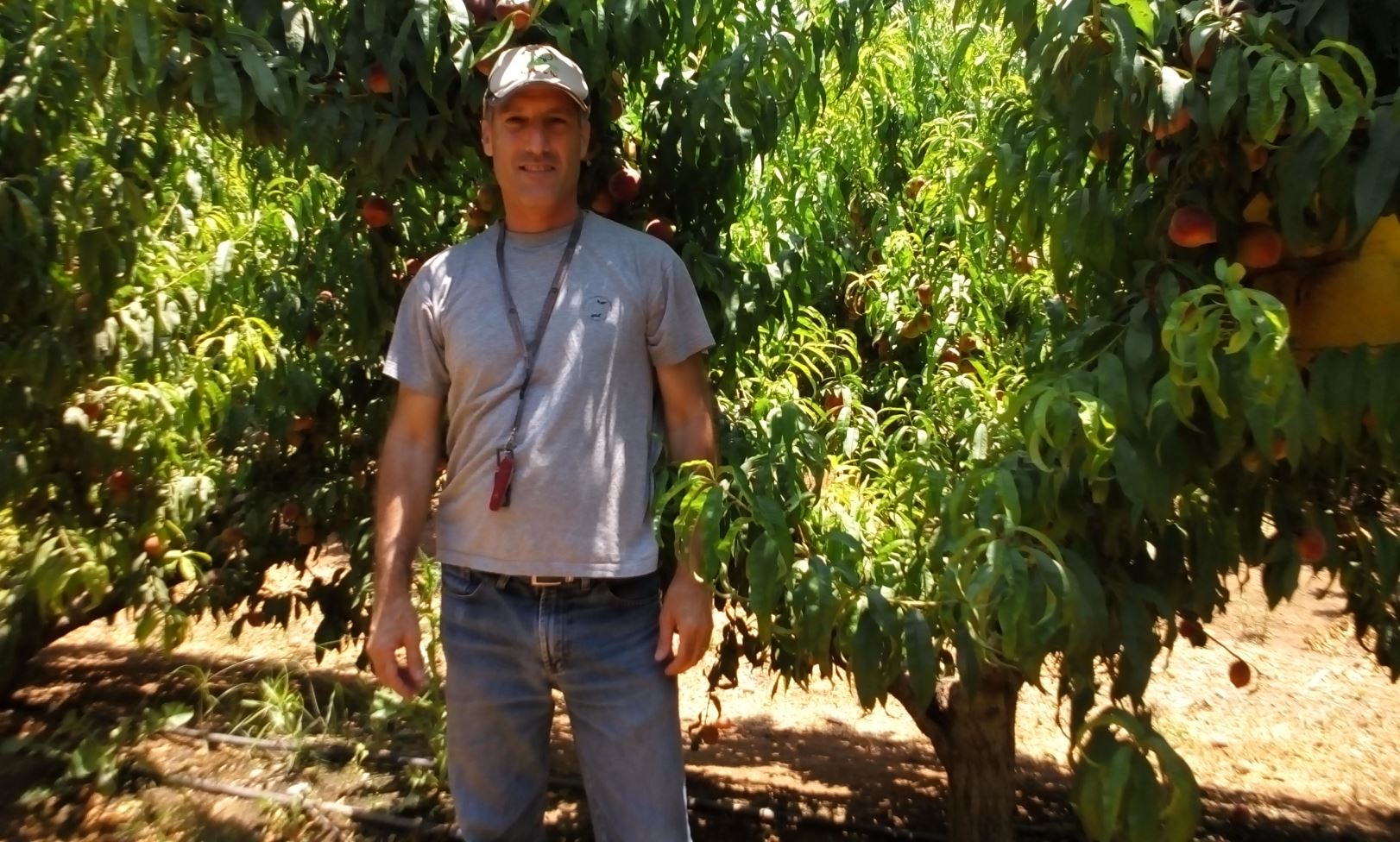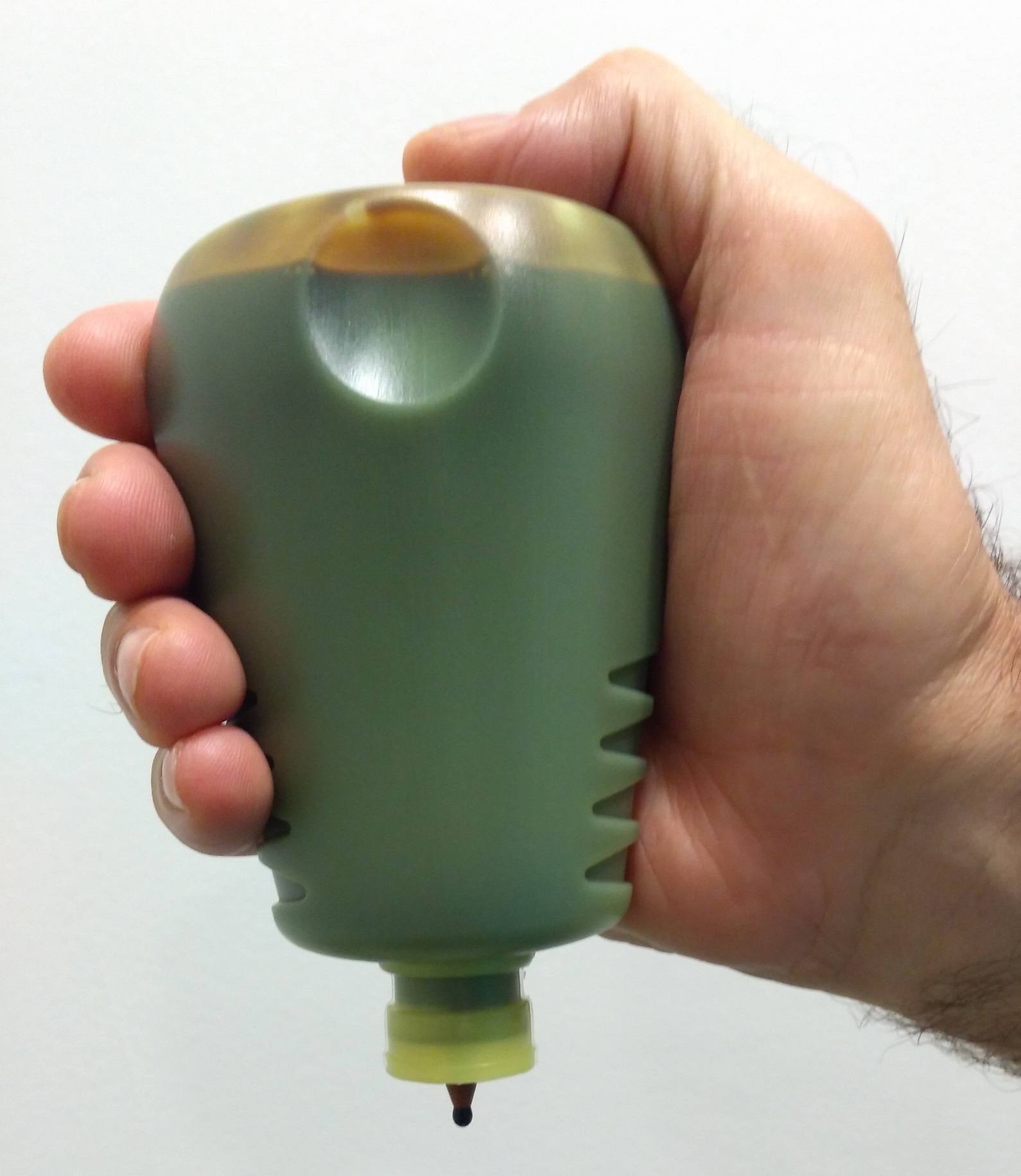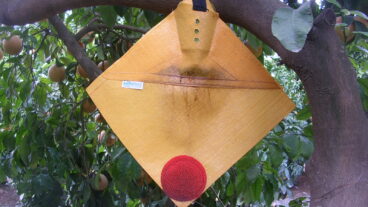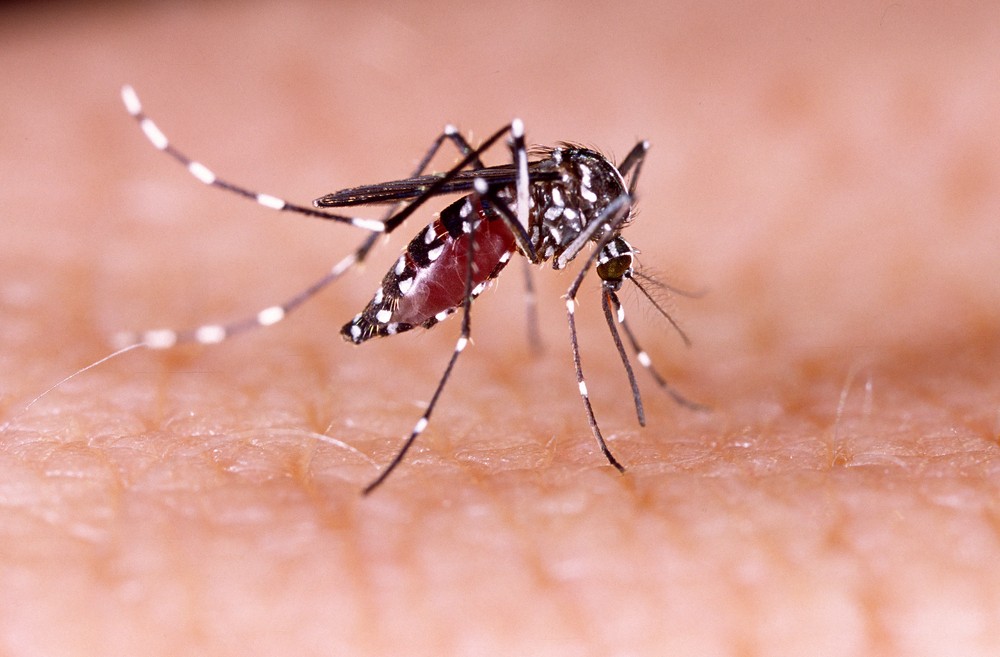The mosquito-borne Zika virus, according to new reports, is even more dangerous than first believed. While better information about prevention has helped slow the rate of infection in some areas, the health community is still urgently searching for a vaccine or drug treatment.
The “green” Israeli company Biofeed, specializing in the development and production of environmentally friendly pesticide solutions since 2005, believes the focus should be on eliminating the primary factor: the mosquito.
“Biofeed’s groundbreaking approach can control any mosquito-borne disease,” CEO Nimrod Israely tells ISRAEL21c.
“Everybody is looking for a vaccination against Zika virus but we should keep in mind that the same mosquito that transmits Zika is also transmitting other viruses as well. What we’re aiming to do is to control a vector, the mosquito itself.”
Biofeed’s Slow Fluid Release (SFR) technology employs a liquid mixture of lures and additives to manipulate insect behavior by attract-and-kill or attract-and-feed methods.
“We have for many years recognized the great potential in harnessing the world of insect smells for the benefit of humans. Evolution has given insects an elaborate sense of smell, which they utilize to find mates, food, egg-laying sites and more,” explains Israely, a world-renowned fruit-fly ecologist with a PhD from the Hebrew University.
“The company has developed a liquid formula that ‘knows’ how to tie different kinds of smells to other materials, as the need arises. The result is a special ‘decoy’ that draws the target insect through smell. The decoy is slow-released from a hanging device over the course of a year. The insect is drawn to the decoy, feeds off it and is eliminated.”

Long in use on farms for fruit-fly control, for example, the same technology could be tweaked to target the Zika-carrying Aedes Aegypti mosquito as well as flies, moths and other types of mosquitos, such as those transferring malaria.
“We have the platform and knowhow; we need to do the development and testing. But it’s only a question of some time and money,” says Israely.
SFR keeps an area pest-free for any required period of time up to365 days. The Biofeed team is now working on extending its effectiveness to three years.
Grand Challenges winner
Biofeed was recently chosen as a winner by the Grand Challenges (Israel) program for creating a technological solution to health challenges in developing countries.
As part of the program, Israel’schief scientist and Ministry of Foreign Affairs’ international development agency, MASHAV, pledged grant money to help Biofeed develop new methods of no-spray pesticide application for India.
“This unique program reflects Israel’s determination to continue helping developing countries with relevant problems and constitutes the meeting point between diplomacy and Israeli technological innovation,” said MASHAV Director Gil Haskel.
Israely says 50 percent of India’s crop is lost to pests and that “many companies have tried to solve this problem with spraying and without spraying.”
By bringing the pest to the lethal substance and eliminating it without spraying, Biofeed’s chemical-free methodleaves the environment clean and safe, says Israely.

The technology has been fully tested and successfully implemented for years in Israel.
“Israel is a perfect place to develop the Biofeed technology because we have all kinds of weather within one or two hours from where we’re located, we have 30 different crops that we run trials on, and farmers that are open-minded and ready to participate and try new things all the time,” he says.
“We need to study in the lab but most importantly in the field, under field conditions,” he adds. “We also have great research and development here and this is very important.”
Benefiting billions
Chief Scientist Avi Hasson noted that much of the world’s population is suffering from lack of food, access to clean water and exposure to diseases.
The International Grand Challenges program and Israel’s Etgar Program, which supports development of tech solutions relevant to world health in developing nations,“bring to the fore Israel’s capabilities in technological innovation together with the well-known Israeli entrepreneurial spirit.”

“We call on Israeli entrepreneurs to develop technologies that will improve the quality of life for billions around the world,” Hassonsaid.
While the whole world of agriculture could benefit from Biofeed’s product, the company specifically chooses to help developing countries.
“We target Africa, Asia, China, India and other developing countries because we see the future of agriculture over there. We want to bring something that is extremely easy to use; you don’t need tractors, you don’t need to remember to spray once a week, you don’t need to put yourself in danger with sprays, there’s no safety equipment. This is something that can make a dramatic change in agriculture and human health,” says Israely.
“And this is for a better future.”
For more information, click here or email nisraely@biofeed.co.il.
















